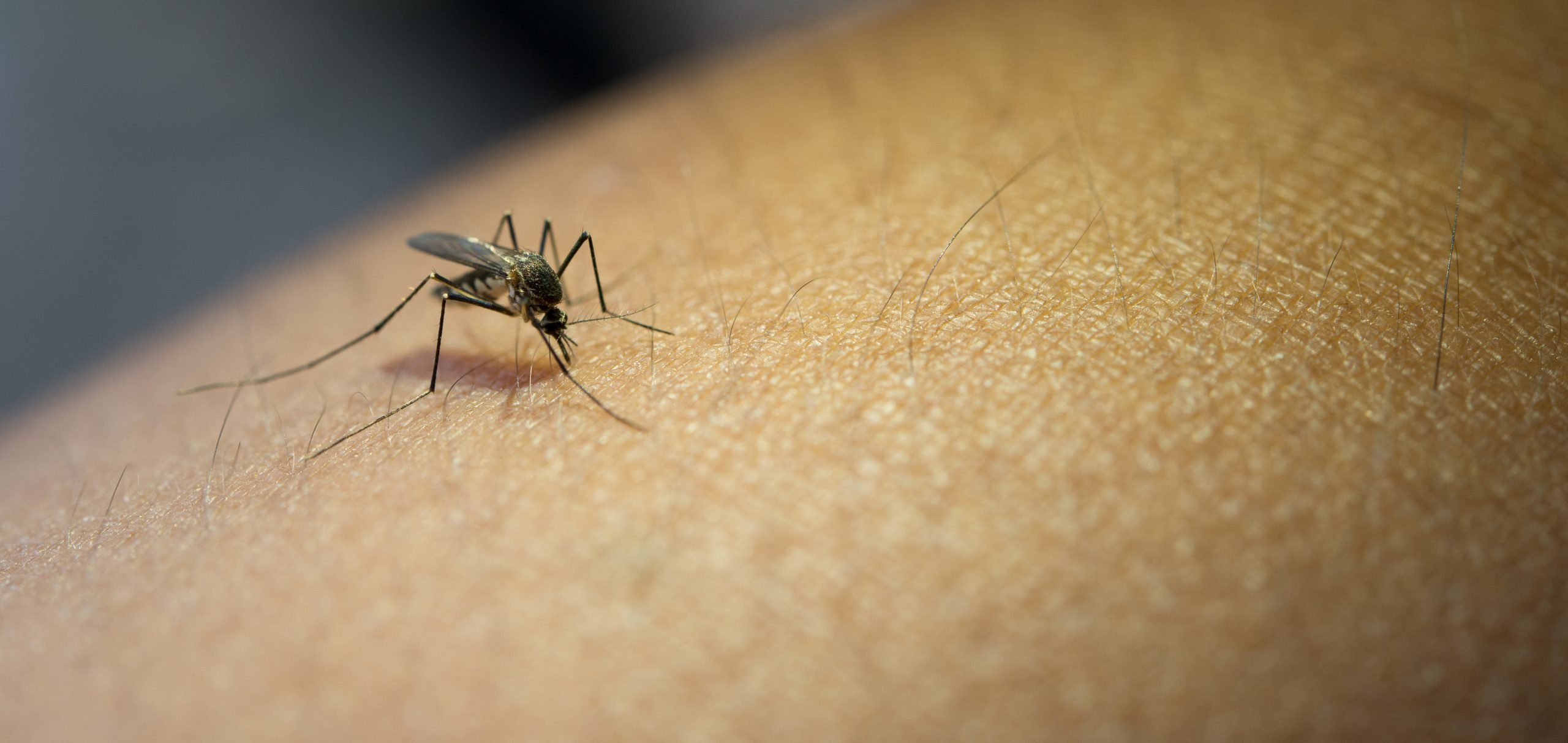The mosquito is a common, flying insect that lives throughout the world. There are more than 3500 species of mosquitoes in the world. Some mosquitoes can act as vectors of diseases, while others bite people and animals but don’t. A mosquito bite commonly causes itching and inflammation.
The mosquito carries bacteria (parasites and parasites) that can make you sick, Some mosquitoes bite like regular mosquitoes, but they do not transmit diseases. This type of mosquito is known as the hungry mosquito.
A Brief Guide to Mosquitoes
- In addition to living outdoors, adult mosquitoes can be found indoors as well.
- Mosquitoes can bite day and night.
- In general, mosquitoes live from two to four weeks depending on type, humidity, temperature, and other factors. Female mosquitoes have an average lifespan of longer than male mosquitoes.
- It is only female mosquitoes that bite people and animals for food and to reproduce. Female mosquitoes require blood nutrients in order to produce eggs.
- The bites of mosquitoes can result in the transmission of bacteria and animals to humans and animals.
- Just a few infected mosquitoes are required to cause an outbreak in your community and put you and your family at risk.
- Female mosquitoes bite only.
- There is a misconception that both male and female mosquitoes bite, but that is not true, only female mosquitoes enjoy eating it.
Is there a reason why mosquitoes bite?
A mosquito bites to eat your blood, protein and other compounds help mosquitoes produce and improve their eggs. Whenever someone mentions the term “most deadly animal in the world,” he is most likely to think about sharks, tigers, crocodiles, and other vicious animals.
As you might be surprised to learn, mosquitoes are mosquitoes. Why is this? Well, because they spread deadly diseases.
Mosquito Diseases
It is estimated that mosquitoes are responsible for about 1 million deaths each year because they are vectors of several dangerous diseases, including malaria, Zika, and Dengue.
It seems as though they have a little bit of an addiction to it. Carbon dioxide is one of the main ways mosquitoes find their next meal. They use a special organ called a maxillary palp to track the smell of CO2 emitted from our air.
In addition to mosquitoes, 3,000 different species of mosquitoes can be found throughout the world, according to the American Mosquito Control Association.
Greedy Mosquitoes
It is well known that mosquitoes drink human blood cocktails, but did you know they can drink more blood than students can drink alcohol in a week?
According to studies, mosquitoes can absorb up to three times their body weight. That’s incredible!
- There is a short life span for mosquitoes
- The good news is that you will not have to worry about getting permanently bitten by one mosquito. Why?
- There is, however, a very short life span for mosquitoes; they live for about two months on average.
- The mosquitoes are really old
The mosquito is as ancient as dinosaurs, and evidence of these biting insects dates back to the Triassic Period. This is not surprising if you have ever seen Jurassic Park, as the creatures in the park are created by utilizing the blood found by emerging mosquitoes.
The bite of a mosquito is not limited to humans
As a result of learning the sixth truth, you might be a little nervous to go outside due to mosquitoes, but do not worry, as not all mosquitoes crave human blood.
A few species, such as frogs and birds, prefer to eat their Friday drinks with other animals.
Control
The information about mosquito biology and the life cycles of mosquitoes is used by mosquito control experts in local government departments or mosquito control districts to develop mosquito control programs.
There are three stages in the life cycle of a mosquito. A mosquito’s egg hatches into a caterpillar, the caterpillar develops into a pupa, and an older mosquito emerges from the dust.
It is not uncommon for mosquitoes to lay their eggs in water, some in oil, some on wet ground, and some in containers above the waterline. Some mosquitoes lay their eggs individually, while others lay several eggs at a time while floating on the water.



